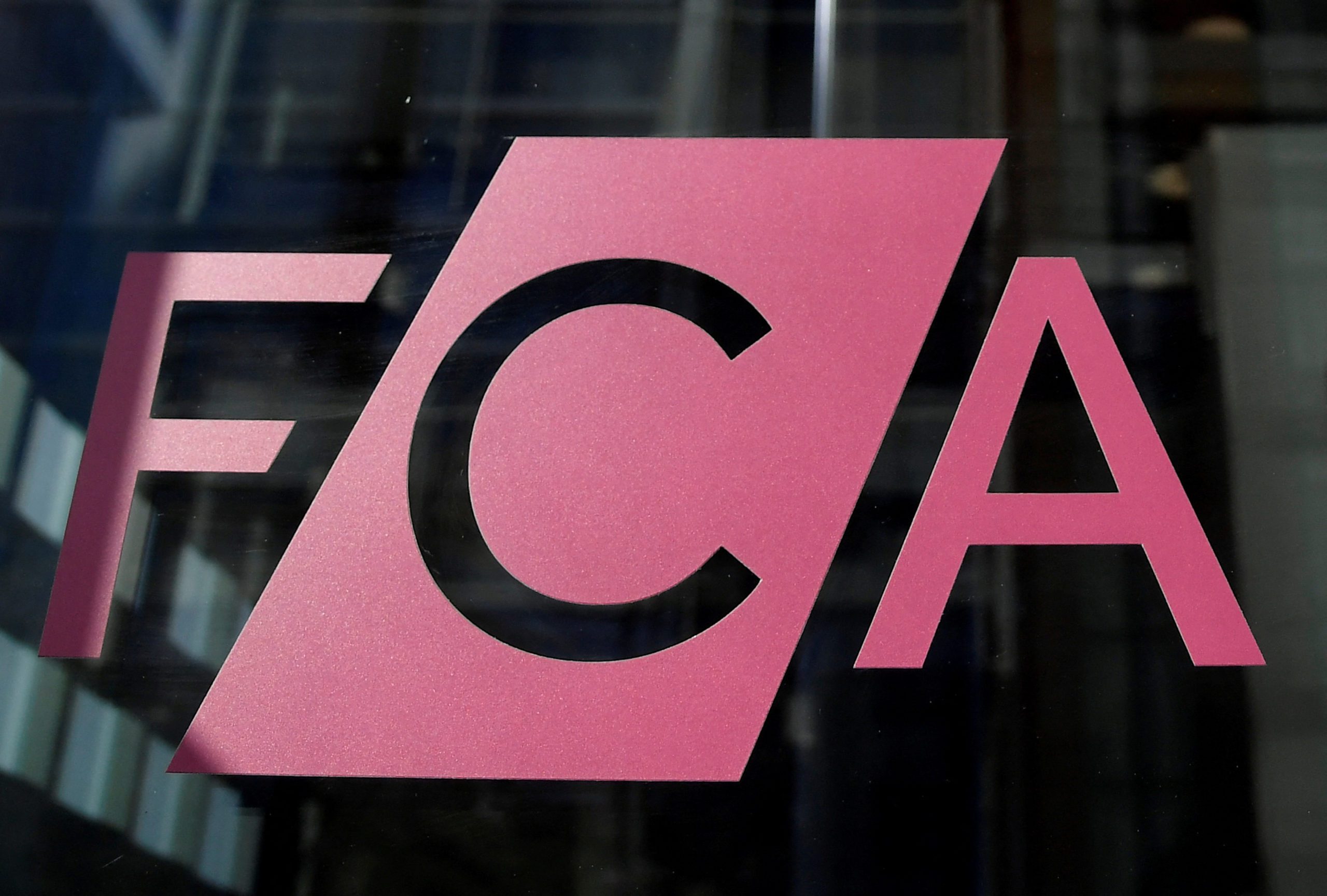By Elizabeth Hearst for AMLi
Delays to the UK’s Online Safety Bill which promises to protect victims from “harmful scam advertisements” on online platforms has created “uncertainty”, according to the Director of Policy at Stop Scams UK.
Simon Miller, Director of Police and Communications at anti-fraud group Stop Scams UK, has warned that the uncertainty is “bad for business and bad for consumers.”
“The only people that will benefit from the uncertainty are the scammers,” he said in an interview with the Financial Times.
The Online Safety Bill, first published in draft in May 2021 promises to make the UK the “safest place in the world to be online while defending free expression.”
The Bill will implement new rules for firms that host user-generated content, with firms who fail to comply potentially facing fines of up to 10% of their revenues, or be blocked.
All platforms under the scope of the bill will be required to tackle and remove illegal material online, particularly relating to child sexual exploitation, abuse and terrorism.
Some of the largest providers will also be obliged to implement “proportionate systems and processes” to prevent fraudulent adverts being hosted on their platforms, which aims to tackle “harmful scam advertisements”, which the UK Government says have “devastating effects” on scam victims.
The bill was originally due to be debated in Parliament in July, however this has been pushed until at least early September, when MPs return after their summer break.
Speaking to the Financial Times as part of its Financial Literacy and Inclusion Campaign, Katy Worobec, Managing Director for Economic Crime at UK Finance warned we need to “keep a weather eye on [the bill]”, to ensure it “doesn’t get weakened in any shape of form.”
A recent report by UK Finance revealed that Fraud scam losses rose to £1.3BN (€1.5BN) last year, with “authorised push payment” (APP) fraud losses skyrocketing by 40%, while impersonation scam losses also jumped by 15% to £96.6M (€114M), and investment scams increasing by almost 60% to £171.7M (€202M).
As the cost of living rises and inflation soars to 9.4%, Mr Miller warned that scammers “continue to ruthlessly exploit the cost of living crisis and the uncertainty caused by the war in Ukraine.”








